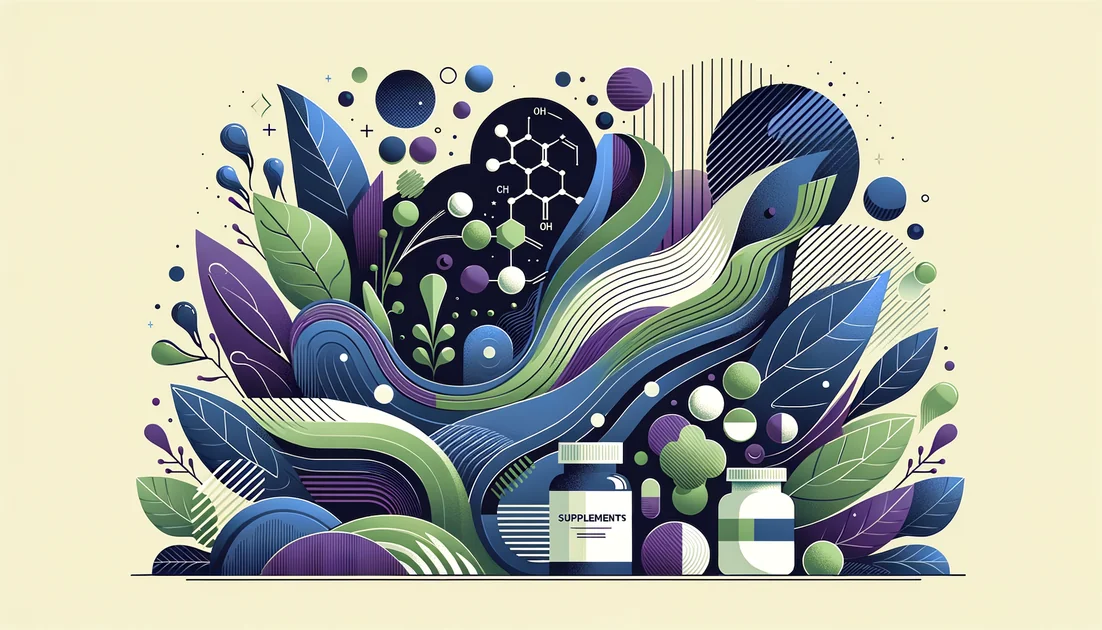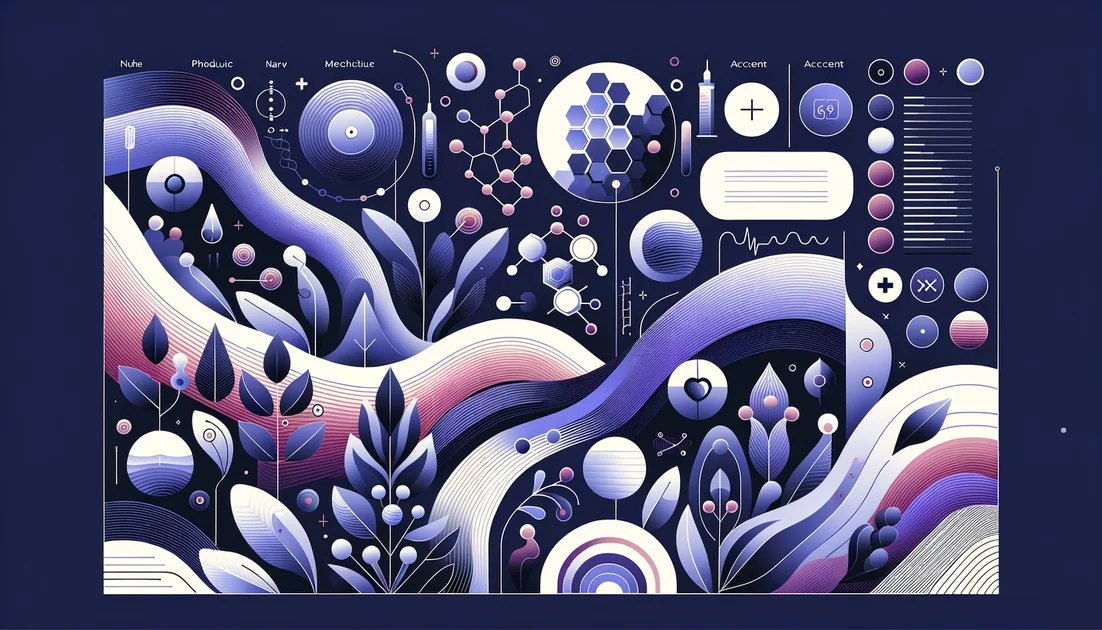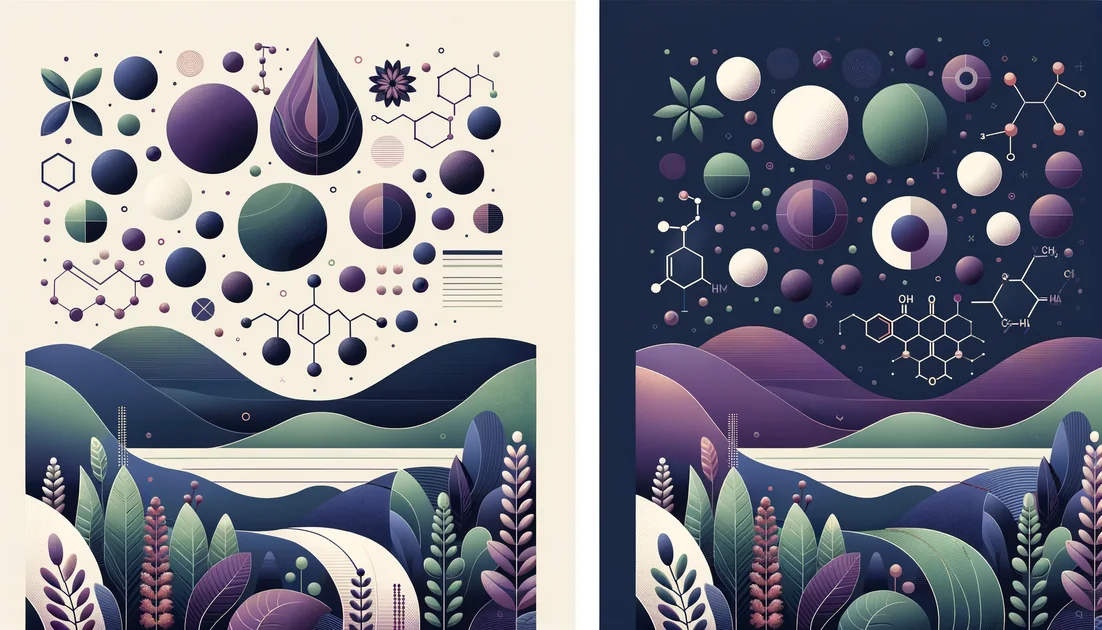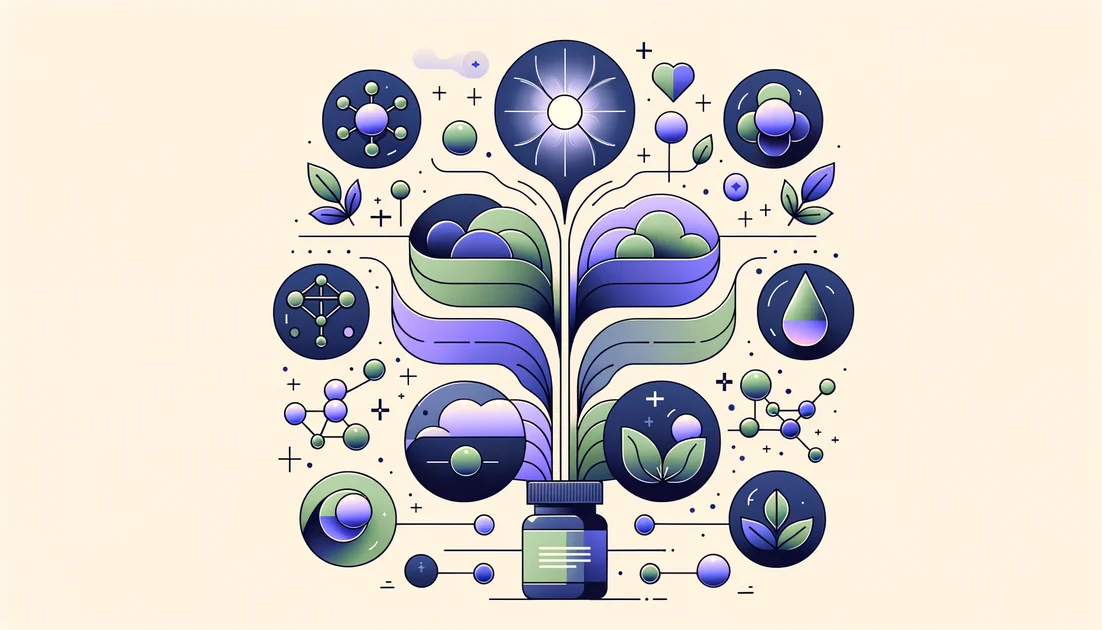
Top 7 Evidence-Based Recommendations
We read every adult-relevant RCT and meta-analysis we could find (omega-3: 22 RCTs; adult micronutrient RCT; saffron adjunct RCT in adults; theanine+caffeine crossover trials; magnesium L-threonate adult pilot) and scored each option by effect size, evidence quality, safety, practicality, and speed. No affiliate fluff—just data with [^n] receipts.
Quick Reference Card
Micronutrients (broad formula): 2–8 weeks, best evidence in adults [2]
Show all 7 supplements...
Ginkgo (adjunct): small added benefit with meds [16]
Ranked Recommendations
#1Broad-spectrum micronutrients (vitamins + minerals)Top Choice
Surprisingly strong for overall functioning—backed by an adult RCT
Dose: Follow product used in trials (multi-nutrient formula providing RDA–upper-limit range of B-complex, minerals incl. iron/zinc only if indicated) for 8 weeks
Time to Effect: 2–8 weeks
How It Works
ADHD links to multiple micronutrient insufficiencies that affect catecholamine synthesis (iron, zinc, B6), methylation (folate, B12), and neuronal energy (magnesium). A broad formula covers co-factors that single-nutrient trials miss, supporting dopamine/norepinephrine signaling and stress resilience. [2]
Evidence
In an 8-week double-blind RCT in adults with ADHD (n=80), micronutrients beat placebo on self- and observer-rated ADHD symptoms and clinician global improvement (ES ~0.46–0.67), with good tolerability. Benefits were notable for inattention and overall functioning. [2]
Adults wanting all-day functioning and mood support, especially with marginal diets or comorbid low mood
Choose iron- or copper-containing formulas only if labs or clinician indicate need
Look for third-party tested, non-proprietary formulas modeled after research blends; take with food split twice daily to improve absorption. [2]
#2Saffron (Crocus sativus)Strong Alternative
The under-the-radar herb that rivals meds in early trials
Dose: 30 mg/day extract, or 15 mg twice daily; as adjunct to stimulant or as monotherapy in some studies
Time to Effect: 2–6 weeks
How It Works
Evidence
Systematic review of 4 trials (n=118) found saffron improved ADHD symptoms as mono- or adjunct therapy with good safety. An adult RCT adding saffron to methylphenidate showed greater symptom reduction vs placebo adjunct. Pediatric head-to-head showed saffron ≈ methylphenidate over 6 weeks. [10][9][8]
Adults on stimulants who want extra focus/impulse control or who prefer a plant-based option
May interact with SSRIs/anticoagulants at high doses; mild GI effects possible
#3L-theanine + caffeine (stack)Worth Considering
Fast, clean attention—tea's secret, quantified
Dose: 200 mg L-theanine + 100–160 mg caffeine taken 30–60 min before focus blocks
Time to Effect: 30–60 minutes (acute)
How It Works
Evidence
Adults who need immediate, predictable focus for work or study sprints
Caffeine sensitivity, anxiety, or late-day dosing can impair sleep
#4Omega-3 (EPA + DHA)
Small effect—bigger if you stick with it >4 months
Dose: 1–2 g/day combined EPA+DHA with meals; aim for 4+ months
Time to Effect: 8–16+ weeks
How It Works
EPA/DHA modulate membrane fluidity, neurotransmission, and inflammation, supporting cortical network efficiency involved in attention and inhibition. [1]
Evidence
Meta-analysis of 22 RCTs (n=1,789): overall effect on core ADHD symptoms small and not significant; but trials ≥4 months showed a modest but significant benefit (SMD −0.35). High-EPA ratios didn't outperform others. [1]
Adjunct for those willing to play the long game or with low fish intake
Fishy burps, anticoagulant effect at high doses; choose tested products to avoid oxidized oils
Take with the largest fat-containing meal; consider an omega-3 index test to verify uptake. [1]
#5Magnesium L-threonate (MgT)
Sleep and executive function support with brain-penetrant magnesium
Dose: 1.5–2 g MgT twice daily (delivering ~144–200 mg elemental Mg/day) for 8–12 weeks
Time to Effect: 2–8 weeks (sleep may improve sooner)
How It Works
MgT raises brain magnesium more effectively than other salts, stabilizing NMDA activity and synaptic plasticity—key for working memory and cognitive flexibility. [11]
Evidence
ADHD with insomnia or cognitive fatigue
GI upset at high doses; caution in kidney disease
#6Targeted iron or zinc (if deficient)
Only if labs are low—then it matters
Dose: Iron: ferrous sulfate 60–80 mg elemental/day; Zinc: 20–30 mg elemental/day; recheck labs in 8–12 weeks
Time to Effect: 4–12 weeks
How It Works
Evidence
Adults with low ferritin (<30–50 ng/mL) or low zinc on labs
Don't supplement blindly—iron overload is harmful; zinc can lower copper with long use
#7Ginkgo biloba (adjunct)
Possible helper when added to stimulants
Dose: 80–120 mg/day standardized extract with methylphenidate (per trials)
Time to Effect: 2–6 weeks
How It Works
Flavone glycosides may enhance cerebral blood flow and modulate cholinergic/dopaminergic transmission, aiding attention networks. [16]
Evidence
Adjunct curiosity after core options tried
Bleeding risk with anticoagulants; headache or GI upset possible
Use only standardized EGb extracts and keep dose modest when stacking with stimulants. [16]
Common Questions
Can supplements replace stimulants for adult ADHD?
No. Some options help as adjuncts (micronutrients, saffron, theanine+caffeine), but they generally have smaller effects than prescription meds. [2][10][3]
What works fastest?
Theanine+caffeine within 30–60 minutes; saffron often within 2–6 weeks; omega-3 typically needs 4+ months. [3][4][10][1]
Should I take iron or zinc just in case?
No—only if labs show deficiency (e.g., low ferritin or zinc). Otherwise risks outweigh benefits. [14][12]
Is omega-3 worth it for adults?
Yes if you'll commit ≥4 months; effects are modest but real in longer trials. [1]
Best magnesium for ADHD?
Magnesium L-threonate has the best brain-targeted rationale and early human data for sleep/cognition. [11]
Timeline Expectations
Combination Strategies
The Work Sprint Stack (fast focus)
Components:L-theanine 200 mg + Caffeine 100–160 mg
Synergy reduces mind-wandering and improves target detection and task switching within an hour—use for deep-work blocks. [3][4]
Take 30–45 min before a 90–150-minute task; avoid after 2 pm if sensitive.
Med-Plus Stack (maximize stimulant benefits)
Components:Saffron 30 mg/day + Micronutrient formula (B-complex + minerals)
Saffron adds dopaminergic/anti-inflammatory effects while a micronutrient base supports neurotransmitter co-factors—together can smooth response and daytime function. [10][2]
Micronutrient dose split breakfast/dinner; saffron in the morning with your medication for 6+ weeks.
Long-Game Neuro Support
Components:Omega-3 (1–2 g EPA + DHA) + Magnesium L-threonate (~144–200 mg elemental Mg/day)
Omega-3 shows benefit after ≥4 months; MgT supports sleep and synaptic plasticity—together may improve baseline attention and recovery. [1][11]
Omega-3 with the fattiest meal daily; MgT split AM/PM for 8–12 weeks, then reassess.
You might also like
Explore more of our evidence-led investigations, comparisons, and guides across every article style.

Pure Encapsulations
Practitioner-grade quality, opaque batch data: the Pure Encapsulations paradox

Apigenin (isolated flavone) vs German Chamomile Extract (Matricaria recutita)
For evidence-backed calming, choose standardized chamomile extract; it has human trials for GAD and sleep quality. Pick isolated apigenin if you want a single-compound stack and accept that human efficacy data are lacking. [1][2][5][6]


Grape Seed Extract
You pour a glass of red wine and glance at the tiny, forgettable seeds in the pressings. Who would guess those leftovers would one day help ease a too-loud pulse and swollen legs—and even sharpen attention within 90 minutes?

The Immune Vision Duo: Unlock What's Stuck
Context-dependent synergy: proven in deficiency settings (especially for persistent diarrhea and pregnancy night blindness), but additive or null elsewhere.

Tocotrienols
The stealthier cousins of vitamin E—built with springy tails that move differently in cell membranes and behave differently in your body.









